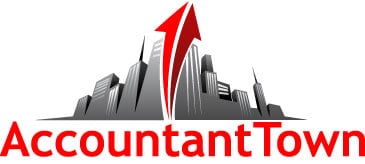IFRS – IAS 38: Intangible Assets
The International Accounting Standards Committee (IASC) released International Accounting Standard 38 (IAS 38) to address the topic of Intangible Assets. Intangibles are difficult to measure as they are often not able to be identified specifically.
As such, this standard was written for those intangible assets that are identifiable, controlled by the entity, and expected to produce future economic benefit such as increased revenues or decreased costs.
Intangible assets are recognized when either they are purchased or internally developed. This standard clarifies the treatment for such intangibles as:
- Research and Development
- In process Research and Development Acquired in Business Combinations
- Internally Generated Brands, Mastheads, Titles, Lists
- Computer Software
- Internally Generated Goodwill
- Start-up, Pre-opening, and Pre-operating costs
- Training cost
- Advertising and promotional cost, including mail order catalogs
- Relocation costs
3 Criteria for recognition of Intangible Assets:
- Meets definition of intangible asset
- Future economic benefits are probable to flow from the entity
- Items costs are reliably measurable
Examples of possible intangible assets include:
- mortgage servicing rights
- franchises
- patents
- copyrights
- motion picture films
- computer software
- customer lists
- customer and supplier relationships
- licenses
- import quotas
- marketing rights
Intangibles can be acquired by:
- self-creation (internal generation)
- separate purchase
- a government grant
- as part of a business combination
- exchange of assets
IAS are principles based standards, rather than strict rules based standards that govern international accounting. IAS standards differ from IFRS standards in that they were introduced prior to 2001, whereas IFRS were produced after this date by the IASB, or the International Accounting Standards Board. When determining the hierarchy of these, the IAS is considered to be the building blocks in which the newer and more relevant IFRS are founded and therefore IFRS is more authoritative when these conflict.
Access the contact form and send us your feedback, questions, etc. We are always welcome to help someone out. You can also contact us if you wish to submit your writing, cartoons, jokes, etc. and we will consider posting them to share with the world! The Facebook and LinkedIn groups are also good areas to find people interested in accounting like yourself, don’t hesitate to join as everyone of all levels are welcome to become part of the community.

